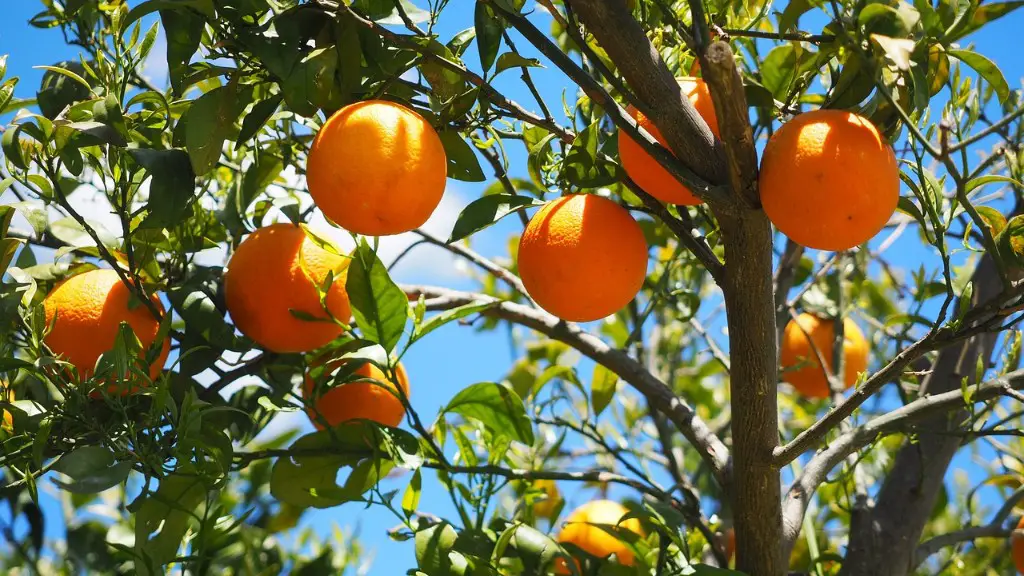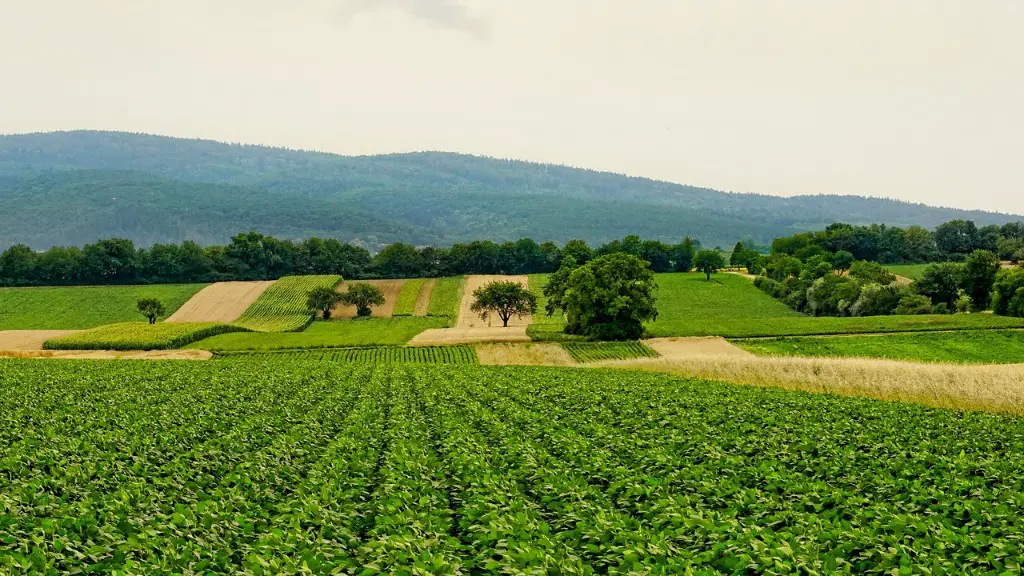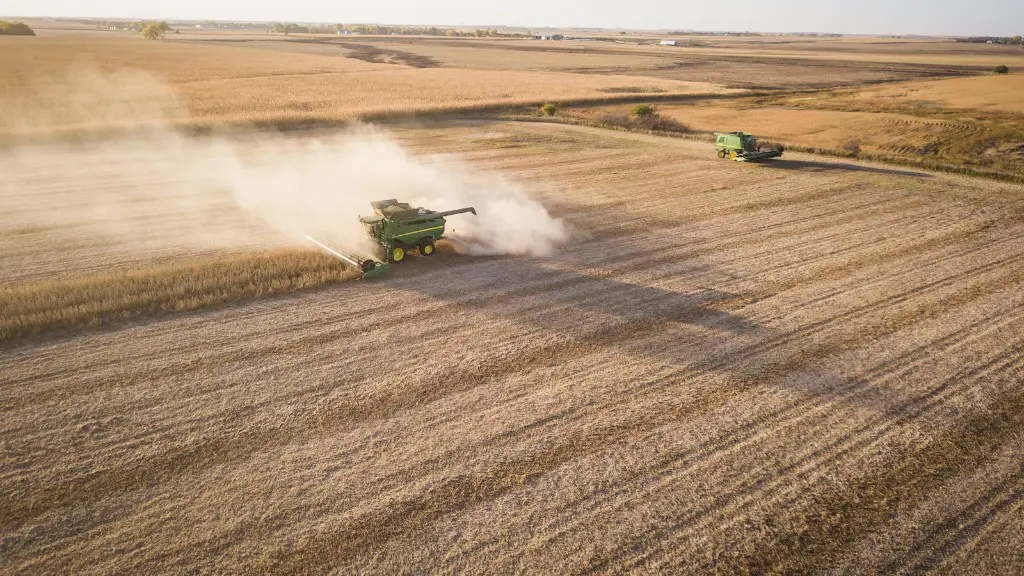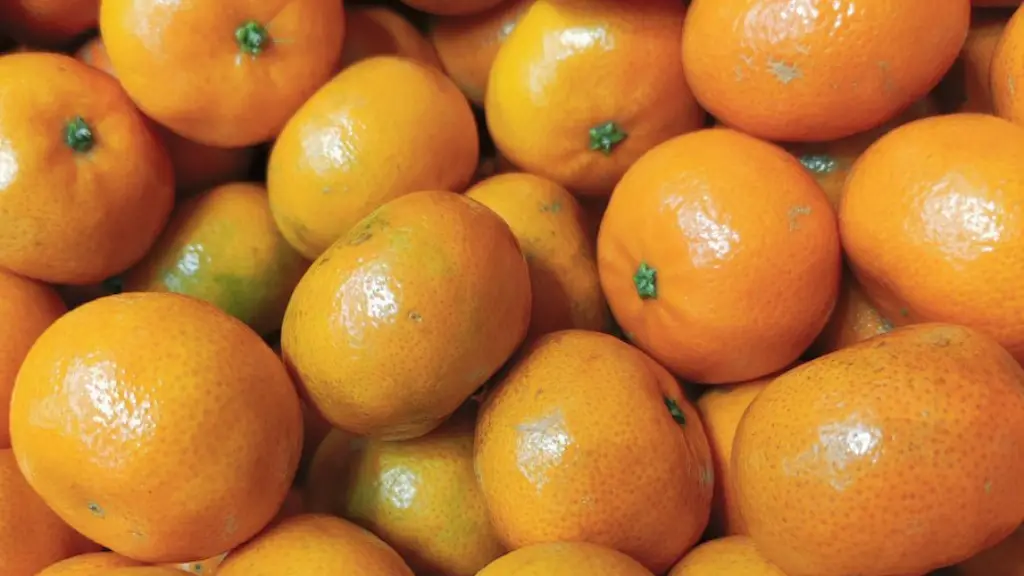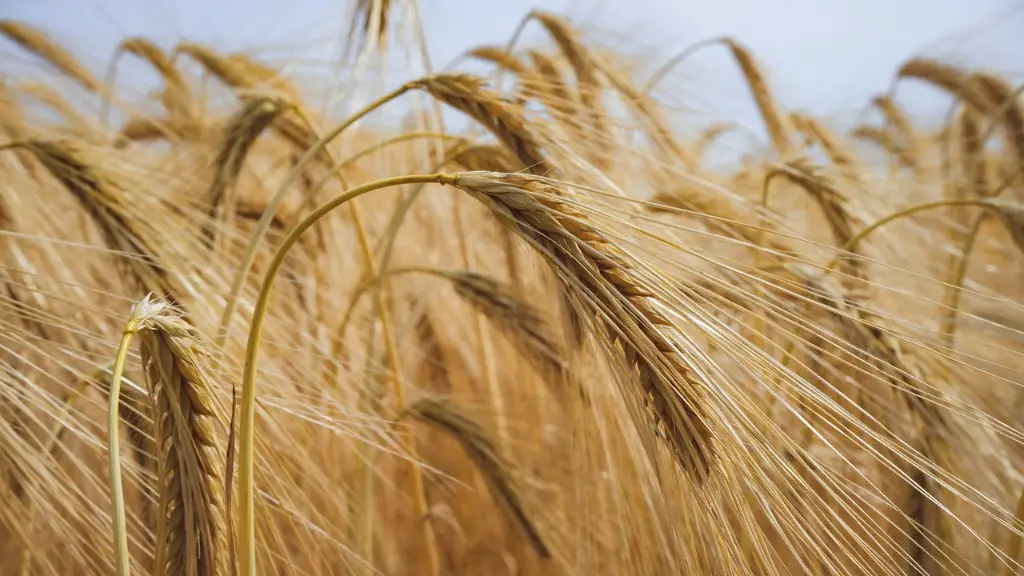Water is an essential resource for agricultural production. It plays a crucial role as it is used for a variety of purposes: irrigation, processing, livestock and even transport. Without adequate water, farmers are unable to produce enough food to feed their communities. In fact, around 70% of the world’s fresh water is used for irrigation, with the majority of it being used in developing countries in Asia and Africa.
Irrigation is the most important use of water in agriculture. It involves the purposeful application of water onto crop lands in order to supply them with moisture. This water is typically sourced from rivers, lakes, dams and other large surface water bodies. It can also be tapped from aquifers, underground channels that contain large amounts of liquid. Irrigation can also be supplemented with other supplemental watering sources such as rainwater, dew, fog and mist.
Water also plays another vital role in agriculture by helping to maintain healthy soil fertility. Water has the ability to transport and store nutrients, enabling them to be efficiently distributed throughout the soil profile. This helps to provide essential macro-nutrients such as nitrogen and magnesium which are essential for crop growth. In addition, water is also used to leach away salt and toxins from soils, preventing crops from becoming contaminated and reducing the need for chemical fertilizers.
Water is also vital for livestock, providing them with an essential source of hydration as well as for cleaning and cooking. In addition, it is also integral for food processing, with water being used to cool, clean, transport and process food. Finally, water is also used in transportation of agricultural products, allowing farmers to get their products to market faster and more efficiently.
In conclusion, water is essential for agricultural production. It is used for a variety of purposes, notably irrigation, soil fertility, livestock, food processing and transportation. Without an adequate supply of fresh water, farmers would be unable to produce enough food to feed their communities.
Irrigation
Irrigation is the primary use of water in agriculture, with it being responsible for supplying crops with moisture. This water is typically sourced from rivers, lakes, dams and other large surface water bodies. It can also be tapped from aquifers, underground channels containing liquid.
Irrigation is a key factor in ensuring the efficient delivery of essential macro-nutrients, such as nitrogen and magnesium, to crops. It also enables the leaching of salt and toxins away from soils, reducing the need for chemical fertilizers. Furthermore, it is capable of providing additional water through sources such as rainwater, dew, fog and mist, to help supplement irrigation water.
Efficient use of irrigation water is essential for the production of crops. This requires proper planning and management of irrigation techniques and systems. To do this, farmers must consider factors such as soil type, soil moisture, crop type and amount of irrigation required.
In addition, the maintenance of irrigation systems is also critical for the efficient and effective use of water. This can include developments such as improving soil drainage, using better irrigation techniques and designing efficient systems.
Irrigation is an essential part of agricultural production. Without adequate irrigation, farmers would not be able to produce enough food to feed their communities. It is crucial that farmers are aware of the benefits and potential constraints of efficient irrigation systems, and how to properly manage them.
Livestock
Water is essential for the health and wellbeing of livestock. It is used to provide animals with clean drinking water, as well as cleaning and cooking purposes. In addition, it is also important for controlling their body temperature and maintaining a healthy metabolism.
The availability of freshwater is key for raising livestock in an efficient manner. It must be fresh, clean and free from contaminants. The water quality must also be periodically monitored and regular testing and treatments must be carried out to ensure the safety of livestock.
Livestock must have access to an adequate amount of water at all times. This can be supplemented with other sources such as rainwater or dew, or provided by using an automated watering system. It may also be beneficial to use a water tank in order to store large volumes of water for emergency purposes.
It is also important to properly manage the waste water produced by livestock. Animal waste water can be a major source of pollution, and must be correctly disposed of in order to protect the environment. This can include the use of lagoons, septic tanks and other forms of waste water treatment.
Water is an essential resource for livestock. It must not only be available in adequate amounts and of good quality, but also managed in an efficient manner in order to protect the environment.
Food Processing
The use of water in food processing is essential for the production of safe and healthy food. Water is used to cool, clean and transport food products, as well as for various cooking and processing purposes.
The water supply must be adequately monitored for safety and quality, in order to prevent the contamination of food. This requires tests and treatments to be regularly conducted to ensure that contaminants such as bacteria and metals are removed from the water.
It is also important to consider the energy impact of water used in the food processing industry. Water is responsible for the majority of energy consumption, so efficient use is essential. This can include proper insulation of tanks, piping and equipment and proper reuse of water where possible.
Finally, considerations must also be made with regards to the disposal of wastewater produced by the food processing industry. Sewage and other dilute waste streams must be disposed of responsibly in order to protect the environment.
Water is essential for the production of safe and healthy food. Its use must be conducted in an efficient and responsible manner, in order to minimize its impact on the environment.
Transportation
Water is also used for the transportation of agricultural goods. This enables farmers to transport goods more quickly and efficiently to market.
The use of water for transportation requires adequate infrastructure such as roads, canals and waterways. These must be well maintained in order to ensure that they remain in good condition and are capable of carrying goods efficiently.
In addition, the transport of goods must be properly planned. Goods must be loaded onto the right vehicle, in order to prevent overloading, and drivers must be fully aware of their route.
Finally, the transportation of goods must also be conducted in a safe manner. Proper safety protocols must be followed to avoid the risk of accident or injury.
Water is an efficient and cost effective way of transporting goods. Farmers must ensure that their transport of goods is properly managed and conducted in a safe manner.
